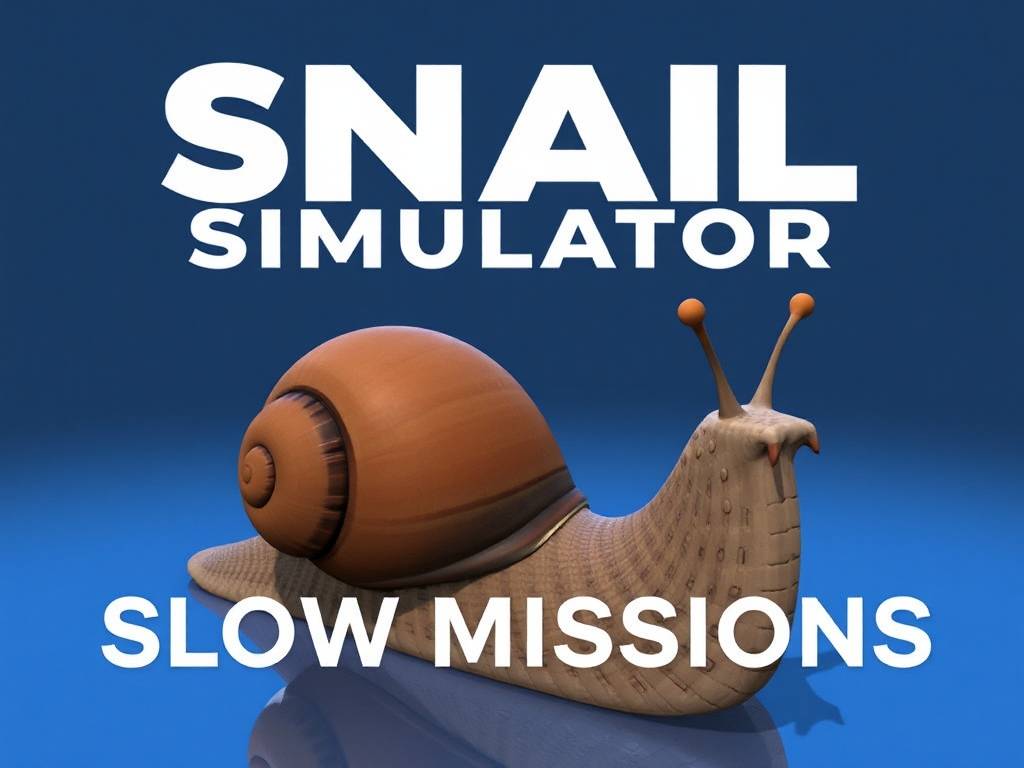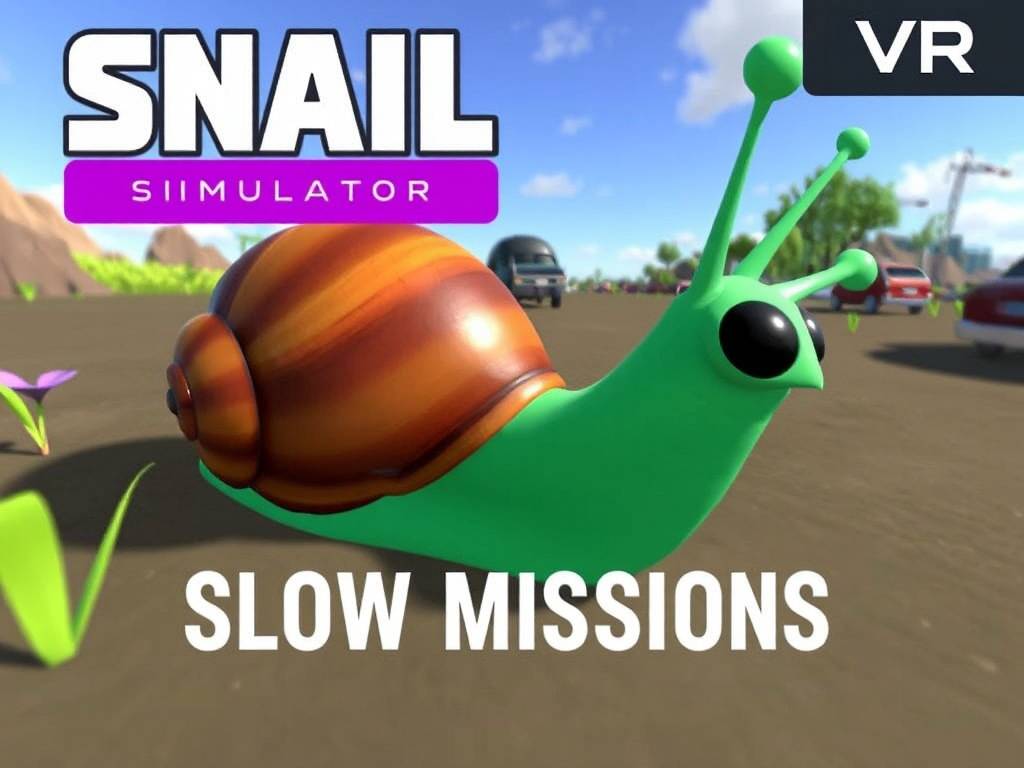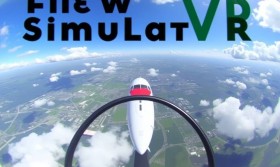In an industry dominated by high-octane shooters, sprawling open-world epics, and narratives hurtling towards cataclysmic conclusions, a quiet revolution has been unfolding. "Snail Simulator VR," a title that initially charmed players with its unique premise and deliberate pacing, has doubled down on its philosophical core with its latest expansion, "The Slow Missions DLC." This isn't just more content; it's a profound refinement of the game's vision, transforming a quirky simulation into a genuine meditative experience and a subtle commentary on our relationship with time, purpose, and the world beneath our feet.
The base game of Snail Simulator VR introduced us to the humble life of a garden snail. We experienced the tactile pleasure of gripping surfaces with our muscular foot, the constant hunt for moisture, and the ever-present danger of salt and predators. It was a novel, often humorous, look at a perspective we rarely consider. The "Slow Missions DLC" takes this foundation and builds upon it with a structured, yet non-intrusive, layer of objectives that give profound meaning to the snail's meandering journey.
The Philosophy of Purposeful Slowness

The DLC’s central innovation is its mission structure, which is ingeniously designed to work with the snail's pace, not against it. These are not quests demanding speed or efficiency. Instead, they are gentle prompts that encourage deep observation and environmental mastery. A mission might task you with "Tracing the Morning Dew," requiring you to follow a specific, glistening trail of water droplets along a fern leaf before the sun rises too high and evaporates them. Another, "The Symphony of the Soil," asks you to listen to and identify three distinct subterranean vibrations—the distant rumble of a human footstep, the delicate scratching of a burrowing earthworm, and the faint, rhythmic pulse of the earth itself.
These missions reframe the player's goals. The destination is no longer the point; the journey is the entire experience. You are not rushing to a waypoint on a minimap. You are learning to read the environment with an intimacy that would be impossible at a human scale and speed. The DLC forces a cognitive shift. The initial frustration of moving so slowly melts away, replaced by a state of hyper-awareness. You begin to notice the intricate vein patterns on a fallen leaf, the way light filters through the canopy in shifting, dappled patterns, and the complex ecosystem of insects and fungi that form a bustling metropolis in a single square foot of soil. This is mindfulness gamified, and it is breathtakingly effective.
A Richer, More Reactive World
"Slow Missions" is complemented by a significant overhaul of the game's ecosystem. The garden feels more alive and dynamic than ever. A sudden summer rainstorm is no longer just a visual effect; it is a transformative event. The mission "After the Deluge" might activate, challenging you to navigate the newly formed miniature rivers flowing along grooves in the bark of a tree, or to scale a vertical rock face made treacherously slick but also more grippable by the water. The time of day and weather patterns are no longer just a backdrop; they are active gameplay mechanics that directly influence your objectives and the strategies you must employ.
The DLC also introduces a more nuanced relationship with the other inhabitants of the garden. Missions like "The Ant's Bargain" involve a slow, cautious negotiation with a line of foraging ants, requiring you to use your slime trail to divert their path in exchange for safe passage through their territory. You are not a powerful hero; you are a small, vulnerable creature navigating a world of giants, and success comes from wit, patience, and understanding the rules of this micro-world, not from brute force.
VR as the Ultimate Vehicle for Empathy
While Snail Simulator was always a VR title, the "Slow Missions DLC" leverages the medium's potential to its fullest. The sheer sense of scale is awe-inspiring in a way that flat-screen gaming could never replicate. Looking up from the forest floor and seeing a blade of grass tower over you like a skyscraper, or watching a human child's foot descend in what feels like slow-motion cataclysm, is genuinely humbling. The haptic feedback of the VR controllers, simulating the subtle vibration of a crawling surface or the gentle resistance of a dense patch of moss, completes the immersion.
This physical, embodied experience is key to the DLC's impact. It doesn't just let you control a snail; it makes you feel like one. This fosters a powerful sense of empathy not only for the snail but for all small, often overlooked, life. The DLC, in its quiet, unassuming way, becomes an environmental statement. It asks players to reconsider their own footprint and to appreciate the vast, complex world that exists just beyond our normal perception.
Conclusion: A Necessary Antidote
The "Slow Missions DLC" for Snail Simulator VR is a brave and important piece of game design. It is a rejection of gaming's obsession with urgency and a celebration of contemplation. It proves that compelling gameplay does not require fast reflexes or complex mechanics, but can emerge from a well-crafted world and a clear, focused vision.
This expansion is not for everyone. It demands patience and a willingness to surrender to its rhythm. But for those who accept its invitation, it offers a uniquely peaceful and thought-provoking experience. It is a digital sanctuary, a place to decompress and reconnect with a simpler, slower pace of life. In a world that often feels too fast, "Snail Simulator VR: The Slow Missions DLC" is a necessary antidote, a gentle reminder that sometimes, the most rewarding journeys are the ones we take an inch at a time.



















